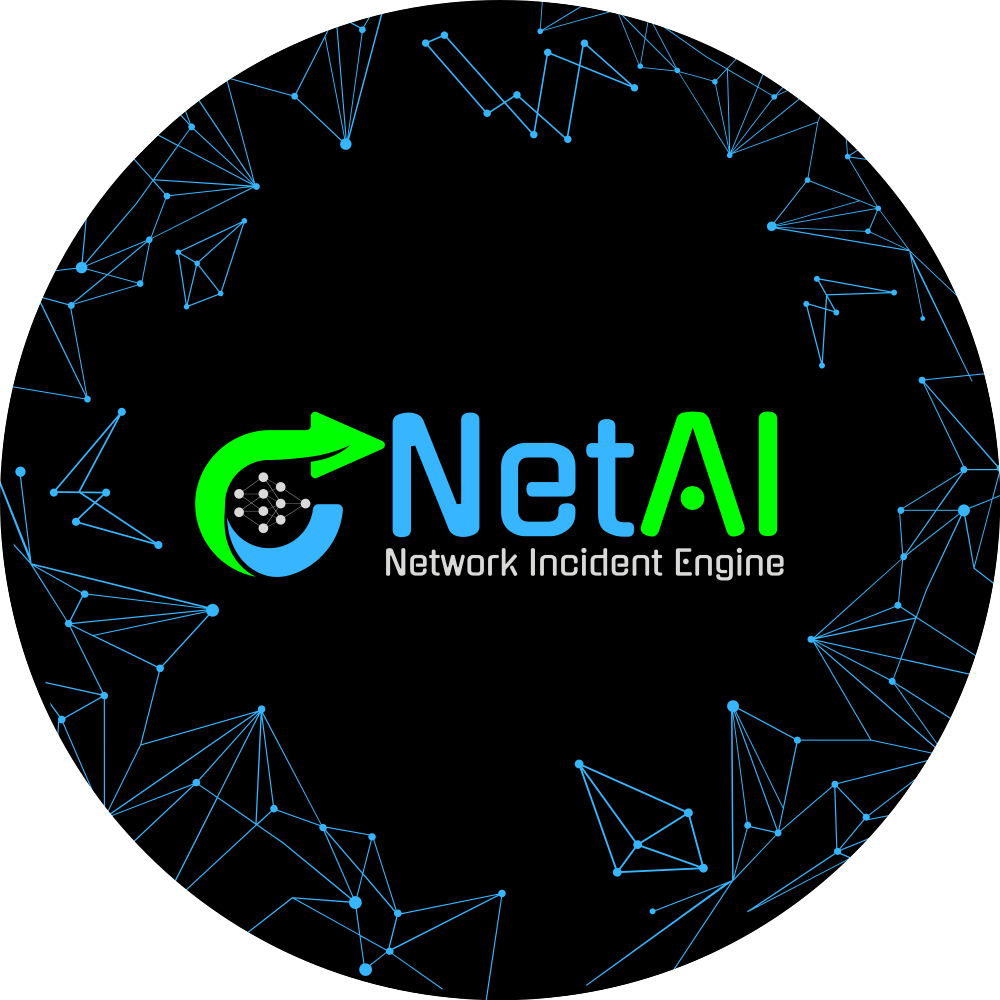Artificial Intelligence (AI) has become an integral part of numerous technologies that we use in our everyday lives. One such application of AI is in Virtual assistant software, which has become increasingly popular in recent years. Virtual assistants like Siri, Google Assistant, and Amazon Alexa use AI algorithms to understand and respond to user queries, making them indispensable tools for managing tasks and accessing information.
However, the development of virtual assistant software, like any other AI technology, raises a number of ethical considerations that must be taken into account. As these virtual assistants become more advanced and capable of performing complex tasks, it is crucial to analyze the potential implications of their use on society.
One of the primary ethical considerations in the development of virtual assistant software is the issue of privacy. These virtual assistants collect vast amounts of personal data from users, ranging from their search history to their location information. This data is often stored and used to improve the performance of the virtual assistant, but it also raises concerns about the security and privacy of user information. Developers must ensure that this data is protected from unauthorized access and that users are informed about how their information is being used.
Another ethical consideration is the potential impact of virtual assistants on employment. As these AI-powered tools become more advanced, they are capable of performing tasks that would have previously required human intervention. While this can lead to increased efficiency and productivity, it also raises concerns about the displacement of human workers. Developers must consider the ethical implications of implementing virtual assistants in industries where they may result in job losses, and work towards solutions that can mitigate these effects.
Additionally, there are ethical concerns surrounding the biases that can be present in virtual assistant software. AI algorithms are trained on vast amounts of data, which can unknowingly contain biases and prejudices. These biases can then be reflected in the decisions and recommendations made by the virtual assistant, leading to discriminatory outcomes. Developers must work to identify and address these biases to ensure that virtual assistant software is fair and equitable for all users.
Overall, the development of virtual assistant software requires careful consideration of the ethical implications of its use. As these AI-powered tools become more prevalent in our daily lives, it is crucial for developers to prioritize the protection of user privacy, address potential impacts on employment, and mitigate biases in the algorithms. By incorporating ethical considerations into the development process, we can ensure that virtual assistant software is used responsibly and benefits society as a whole.
For more information visit:
NetAI | AI-Native Network Incident Engine
https://www.netai.ai/
+1.650.622.5133
530 Lyton Avenue, 2nd Floor Palo Alto, CA 94301
Experience unparalleled speed and precision with NetAI Inc., the leading AIOps platform designed to transform your IT operations. Our state-of-the-art AI-native Network Incident Engine revolutionizes network management, reducing Mean Time to Repair (MTTR) to mere seconds. Get started today and elevate your IT infrastructure with NetAI.
Unleash the power of artificial intelligence with NetAI Inc. – the ultimate tool for revolutionizing your business strategy and unlocking endless possibilities. Stay ahead of the curve with our advanced AI solutions and discover the future of AI-driven IT operations. Explore NetAI.ai now and transform your network management and IT operations.

